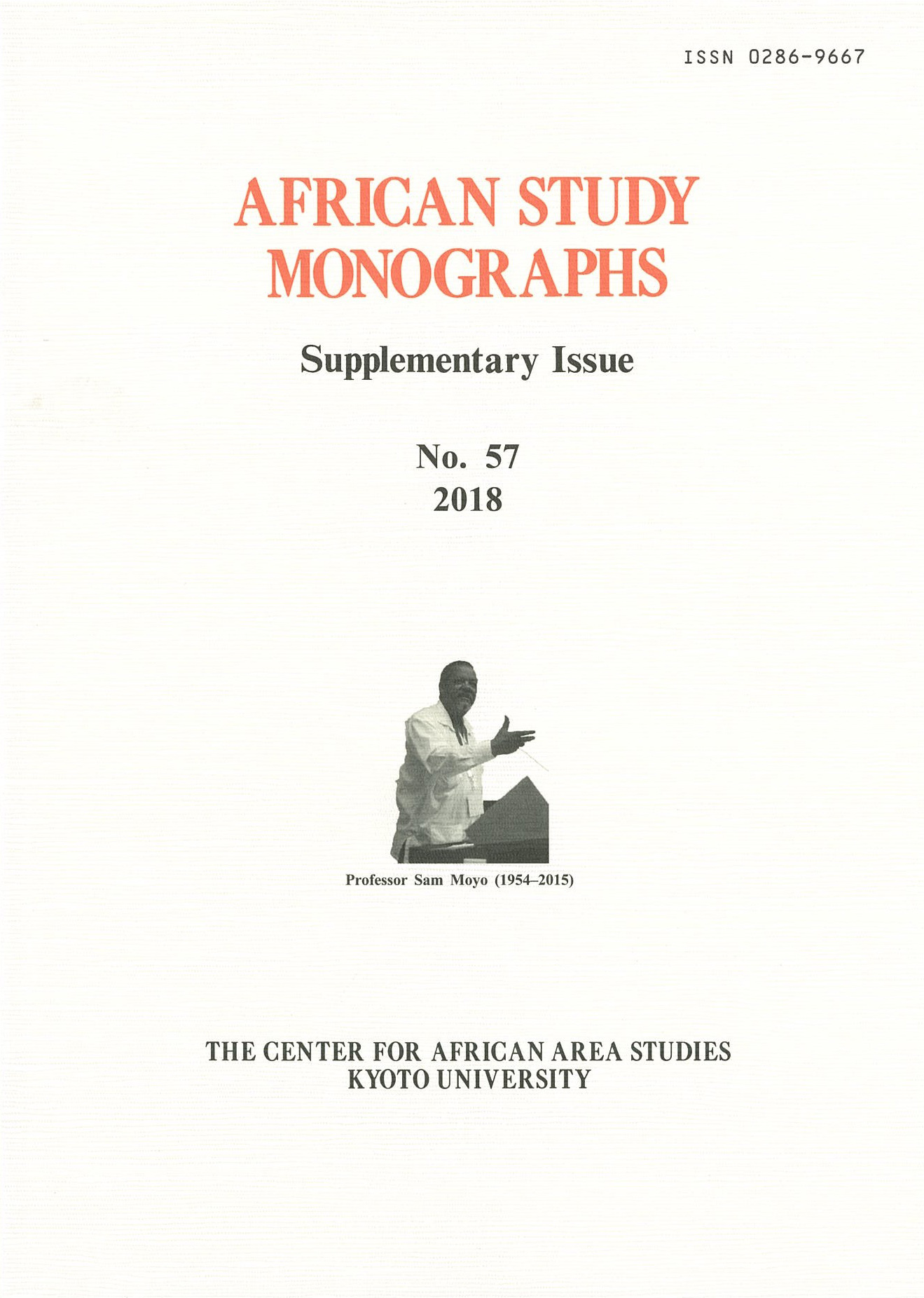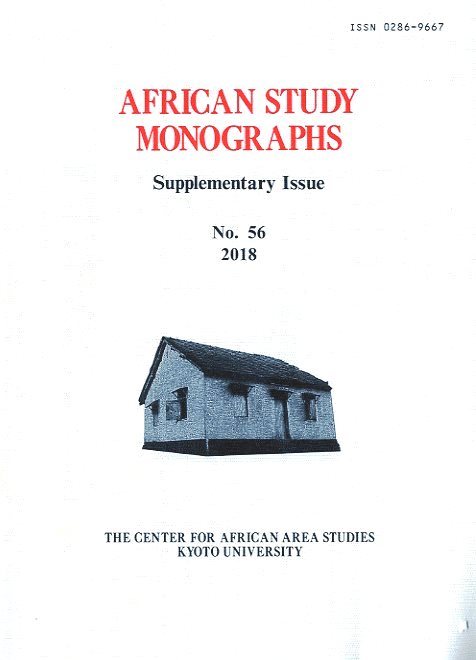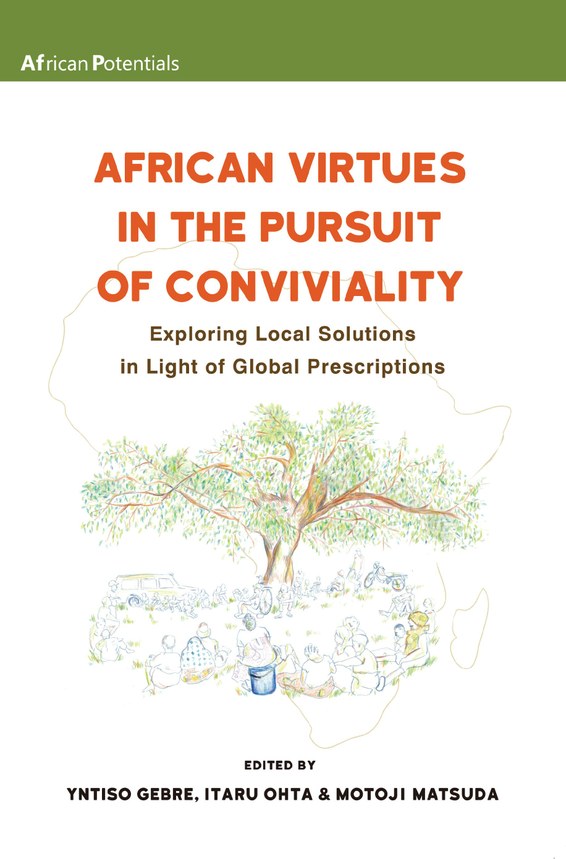AFRICAN FORUM

7th African Forum: Grahamstown
日時:2017年11月24日〜26日
場所:Rhodes University, Grahamstown, South Africa
フォーラム報告

2017年11月24日から26日まで、南アフリカのグラハムズタウンで通算第7回の「アフリカ潜在力フォーラム」が開催されました。プロジェクトのメンバーをはじめ、アンゴラ、ボツワナ、モザンビークなど南部アフリカ諸国からも研究者や実践家が参加したほか、昨年から実施されている次世代の交流のための若手ポスターセッションにローズ大学、ケープタウン大学、レソト大学などの大学院生が加わり、総勢40名あまりが二日間「アフリカ潜在力」に関する白熱した議論を集中的に行うことができました。
今回のフォーラムの特徴は以下の2点でした。一つは、第二期のプロジェクトの目標の一つである、アフリカ潜在力に基づいてもう一つの人文学的な知の様式を模索するという試みが行われたことです。その議論は、今回の基調講演のなかでマイケル・ネオコスモス博士が提起した、「複数の普遍性」に象徴されるでしょう。これまでuniversalなものは西洋近代の専売特許だったわけですが(批判や擁護の対象として)、別様のあり方がポリティクスやヒストリ、人間観や社会観のなかに見いだせないかという問題意識が議論されました。第二の特徴は、女性の報告者が半数を超え、今期からテーマにあげられたジェンダー・セクシュアリティ、それに性暴力・性統治について活発な議論が展開されたことです。
フォーラムは、「解放」「知識」「統治性」「生活知」の4つのセッションとポスターセッションを組みました。
マイケル・ネオコスモス先生の基調講演‘African Potentials and the Thought of Universal Humanity‘から始まり、アフリカから7名、日本から7名の14名が、各セッションに分かれて報告し、それに第一期からアフリカ潜在力の概念化をはかってきたコアメンバーがコメンテーターとなって議論の深化発展をはかりました。また、ポスターセッションでは次世代の研究者7名が「アフリカ潜在力」に関係する興味深い発表を行いました。
最終日の全体討論のなかでは、問題を認識し対処を構想し批判まで行う、一連の知の様式が依然として植民地化されている状況のなかで、このアフリカ潜在力的思考や実践の重要性についての理解は共有できたものの、現実の社会的矛盾や世界的な暴力的傾向に向き合うためには、西欧近代的な思考と実践を否定批判するだけでなく相互に協同・接合して新しい知の秩序を構築することが必要であることも確認されました。また議論のなかで、今回多数の若手研究者が参加したことで世代による認識と態度のあいだにもギャップが生まれていることについても率直な意見交換がなされました。
今回のフォーラムの成果については、それぞれが雑誌の特集もしくは英語のアフリカ潜在力シリーズとして刊行を検討することになりました。
(プロジェクト・リーダー松田素二)

PROGRAM
Program Timetable
November 24, Friday
- 18:00-19:00 Registration
- 19:00-21:00 Reception
November 25, Saturday
- 9:40-10:00 Opening remarks
- Motoji Matsuda (Project leader, Kyoto University)
- 10:00-11:30 Keynote Address (Chair: Eisei Kurimoto)
- Michael Neocosmos (Rhodes University)
African Potentials and the Thought of Universal Humanity - 11:30-13:00 Lunch Break
- 13:00-15:30 Session 1: Liberation (Chair: Yohei Miyauchi)
Commentators: Edward Kirumira & Yoko Nagahara - 1-1. Shose Kessi (University of Cape Town)
African Identities and Community Participation in the Time of ‘Nation’ - 1-2. Toshihiro Abe (Otani University)
Reconsidering South African TRC in the Current Context of Transitional Justice Studies - 1-3. Nomboniso Gasa (University of Cape Town)
The Traditional Debate in South Africa: What Is the Fuss All About? - 1-4. Akiyo Aminaka (IDE-JETRO)
Signs of Spontaneous Democratization in Mozambique: Special Focus on the Opposition Party and Its Ex-Soldiers - 15:30-15:50 Coffee Break
- 15:50-17:50 Session 2: Knowledge (Chair: Shose Kessi)
Commentators: Michael Neocosmos & Motoji Matsuda - 2-1. Artwell Nhemachena (University of Namibia)
Evading Genetic Modifications through African Potentials? Whither the Afro-pessimism Thesis - 2-2. Akira Takada (Kyoto University)
The Medium of Instruction in North-Central Namibia in Colonial Times - 2-3. Sethunya Tshepho Mosime (University of Botswana)
Teaching African Potentials: Incompleteness and the Pedagogy of African Potentials - 18:30- Conference dinnerk
November 26, Sunday
- 9:00-11:00 Session 3: Governmentality (Chair: Nomboniso Gasa)
Commentators: Kennedy Mkutu & Eisei Kurimoto - 3-1. Richard Pithouse (Wits University)
Can the Subaltern Be Heard? Reflections on the Academy, the Universal and Thought from the Underside of Modernity - 3-2. Yohei Miyauchi (Rikkyo University)
Tolerance as Post-Apartheid Urban Planning Political Geography of the Art-Led Urban Rejuvenation in Inner City of Johannesburg - 3-3. Euclides Gonçalves (Kaleidoscopio)
Champion’s Music and the Poetics of Constructive Criticism in Rural Mozambique - 11:00-11:15 Coffee Break
- 11:15-12:15 Poster Session
- P-1. Levi Kabwato (Rhodes University)
Catching Colds: Analysing Media Discourses in Africa on Euro-American Political Developments - P-2. Motlatsi Khosi (University of South Africa)
“Living” Ubuntu: The African as Philosophy in Its Construction of an African Philosophy - P-3. Yvonne Zamaswazi Sibaya (University of Cape Town)
Downsizing and Outsourcing African Identities.
An Ethnography of the Downsizing and Outsourcing of African Identities through Transactional Hair Exchanges amongst Insiders and Outsiders of Johannesburg - P-4. Sayaka Kono (National University of Lesotho)
Making “Basotho of South Africa” under Bantustan Policy: Ethnicity, Citizenship and Apartheid in Rural South Africa in the Late 1970s: - P-5. Meyu Yamamoto (Tsuda University)
Beyond Binary Paradigm of Racism: Chinese Mine Labour and Construction of Whiteness in South Africa - P-6. Yuriko Sugiyama (University of Botswana)
Reorganization of San Society in New Xade, Botswana: Analysis of Changes in Funeral Customs - P-7. Chivimbiso Gava (University of Cape Town)
Migration and Narration – Making the Unfamiliar Familiar through a Shared History - 12:15-13:30 Lunch Break
- 13:30-15:30 Session 4: Everyday Wisdom (Chair: Akira Takada)
Commentators: Edward Kirumira & Toshio Meguro - 4-1. Mayu Hayakawa (National Museum of Ethnology)
The Potential of the Useless Money: The Non-Disappearance of Hyperinflating Currency in Zimbabwe - 4-2. Fezokuhle Mthonti (Rhodes University)
The Hair Salons Are Not Burning: African Migrant Women and Xenophobic Violence in South Africa - 4-3. Junko Maruyama (Tsuda University)
Divided Land, Shared Land: Recent Land Issues among the San Hunter-Gatherers in Central Kalahari - 15:30-15:45 Coffee Break
- 15:45-17:30 General Discussion (Chair: Eisei Kurimoto)
- 18:00- Farewell Party



